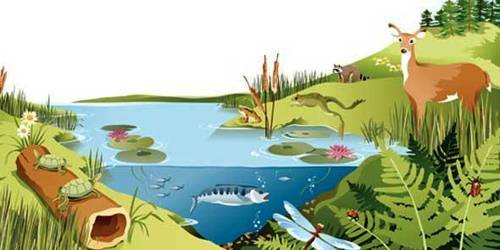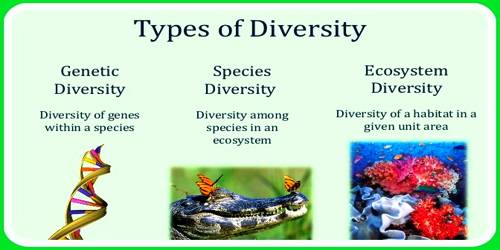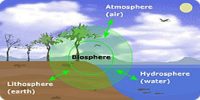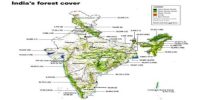Ecosystem Diversity
Biodiversity is a system in constant evolution, from a viewpoint of species, as well as from viewpoint of an individual organism. The broad differences between ecosystem types and the diversity of habitats and ecological processes occurring within each ecosystem type constitute the ecosystem diversity. The ‘boundaries’ of communities (associations of species) and ecosystems are not very rigidly defined. Thus, the demarcation of ecosystem boundaries is difficult and complex.
Each ecosystem provides many dissimilar kinds of habitats or living places providing a home for a myriad of species. Different species have different functional roles to play in ecosystems which help maintain the characteristics solely to that ecosystem.

Ecosystems are dynamic in nature and can go through a number of changes in their species composition before they become stable. For example, the landscapes like grasslands, deserts, mountains etc. show ecosystem diversity. The ecosystem diversity is due to a diversity of niches, trophic levels, and ecological processes like nutrient cycling, food webs, energy flow, the role of dominant species and various related biotic interactions. Such type of diversity can produce more productive and steady ecosystems or communities capable of tolerating a variety of types of stresses e.g. drought, flood etc.
















